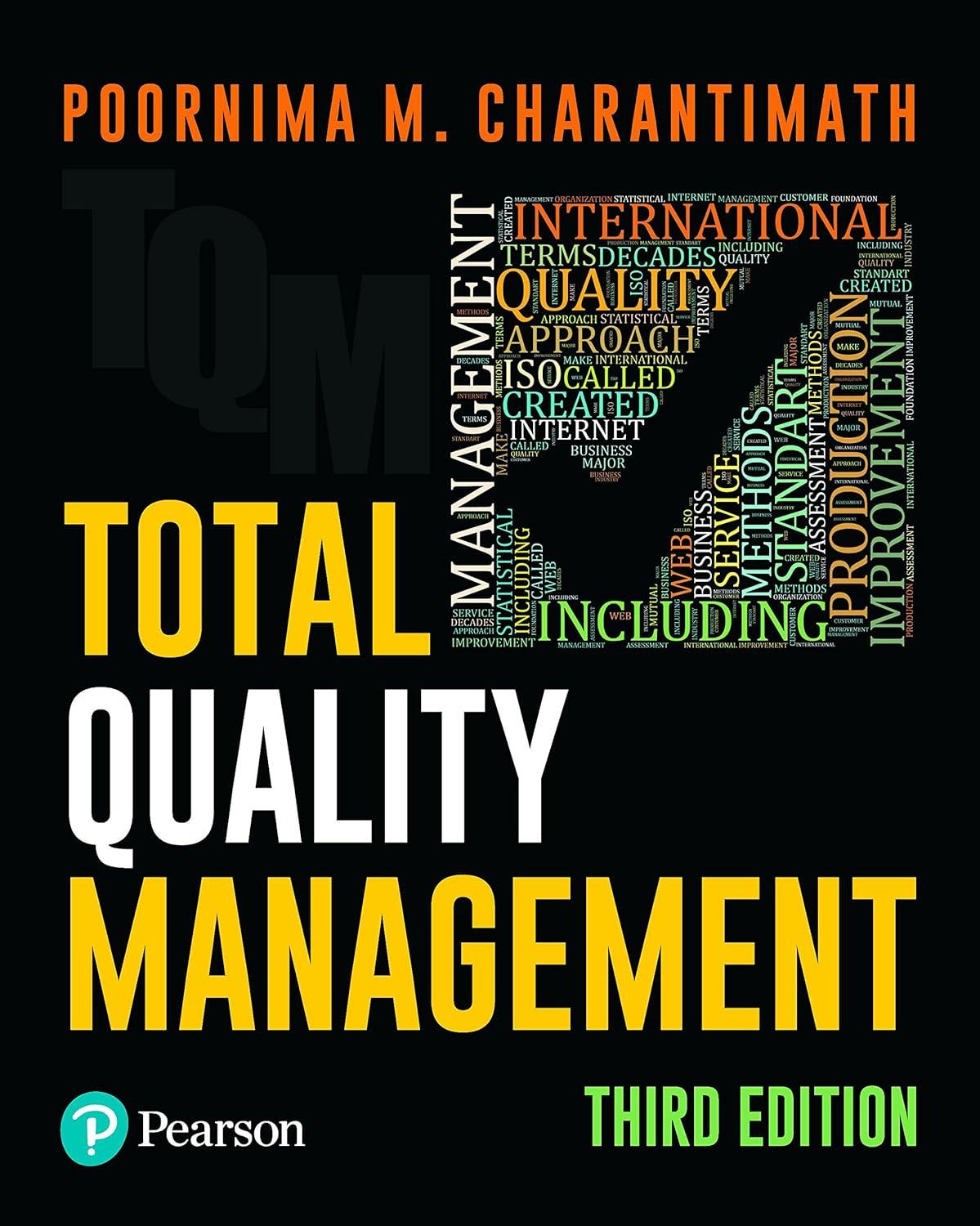Question
Company XYZ, headquartered in the U.S., operates internationally through subsidiaries in several countries. This case study focuses on a specific international subsidiary that engaged in
Company XYZ, headquartered in the U.S., operates internationally through subsidiaries in several countries. This case study focuses on a specific international subsidiary that engaged in unethical practices, particularly creating off-the-book accounts to facilitate bribery payments to foreign officials. The subsidiary's lack of compliance measures and internal controls raises significant concerns about its adherence to the U.S. Foreign Corrupt Practices Act (FCPA) and ethical business conduct.
Background:
The international subsidiary in question has implemented internal controls, but notably, it does not utilize the COSO internal controls framework and lacks a comprehensive compliance program. This omission becomes critical as the subsidiary's actions involve undisclosed payments to foreign officials, leading to potential violations of the FCPA.
Violations Under the Internal Control Provisions of FCPA:
Use of Bribery Payments (Option A):
The creation of off-the-book accounts and the payment of bribes to foreign officials represent a clear violation of the FCPA. These actions compromise ethical business conduct and undermine the integrity of financial transactions.
Failure to Use the COSO Framework (Option B):
While the COSO framework is not explicitly mandated by the FCPA, its absence does not constitute a violation per se. However, the failure to adopt a recognized internal controls framework may indicate weaknesses in the subsidiary's control environment, contributing to the ethical lapses observed.
Lack of a Compliance Program (Option C):
The absence of a compliance program is a significant violation under the internal control provisions of the FCPA. A well-structured compliance program is essential for preventing and detecting improper conduct, ensuring adherence to ethical standards, and mitigating corruption risks.
Failure to Have Internal Controls for Appropriate Recording (Option D):
The failure to have internal controls to ensure that transactions, especially bribery payments, were appropriately recorded is a direct violation of the FCPA. Proper recording and transparency are crucial for maintaining the accuracy and reliability of financial statements.
Which element, crucial for ensuring adherence to ethical standards and mitigating corruption risks, is notably lacking in the international subsidiary's internal controls, as revealed in the case study?
Step by Step Solution
3.47 Rating (154 Votes )
There are 3 Steps involved in it
Step: 1
The case study reveals that the international subsidi...
Get Instant Access to Expert-Tailored Solutions
See step-by-step solutions with expert insights and AI powered tools for academic success
Step: 2

Step: 3

Ace Your Homework with AI
Get the answers you need in no time with our AI-driven, step-by-step assistance
Get Started


